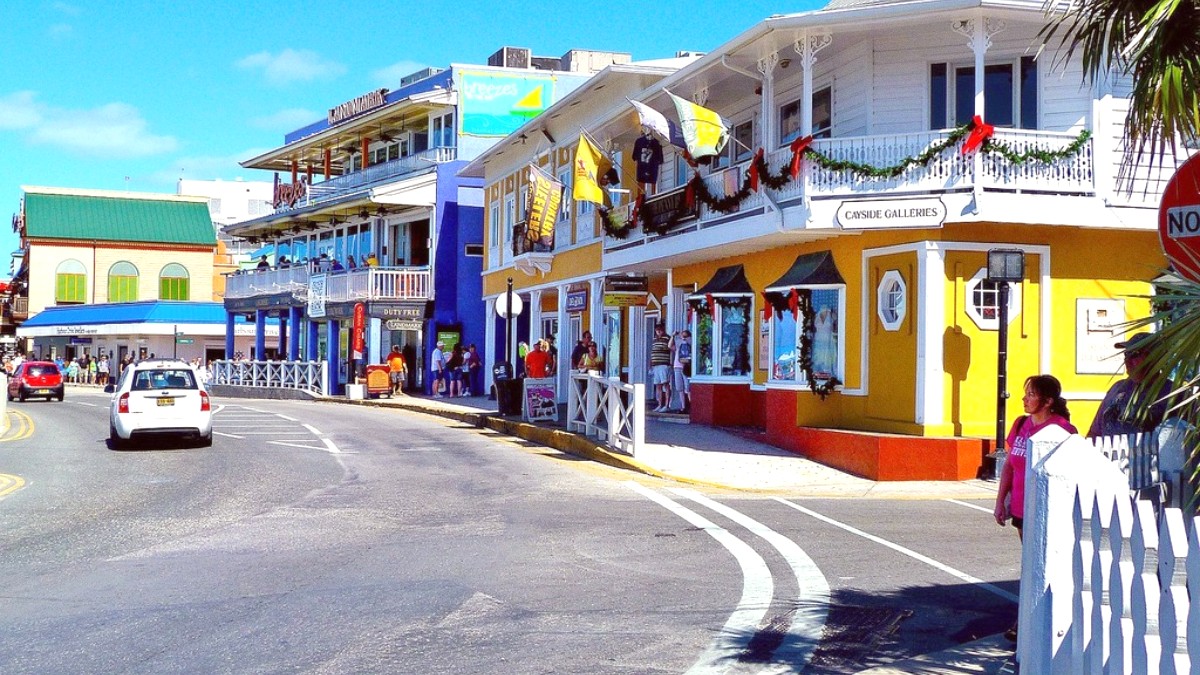
Cayman Islands
Extensive marine park system protects coral reefs and marine life. Strict regulations apply to fishing, anchoring, and removal of marine life.
National Trust for the Cayman Islands manages protected areas. Blue Iguana Conservation supports an endangered species.
Recycling initiatives are growing. Look for designated recycling bins for plastics, glass, and aluminum. Reduce single-use plastics.
Continuing efforts towards responsible tourism and ecosystem protection.
Grand Cayman relies heavily on desalination for its freshwater supply, which is energy-intensive.
Consider donating to reputable carbon offset programs to mitigate the environmental impact of your air travel.
Seek out hotels that promote sustainable practices, like energy efficiency and water conservation.
Look for tour operators offering eco-tours that respect the environment and local communities.
Reduce waste by opting for reusable items during your travels.
Explore Package Free ShopYour thoughtful actions contribute to Grand Cayman's environmental preservation.
Interacting respectfully with local traditions and communities.
Support institutions like the Cayman Islands National Museum and National Gallery, which work to preserve and promote Caymanian heritage and art.
Politeness and appropriate greetings are highly valued. A simple "Good morning" or "Good afternoon" goes a long way.
Always ask permission before photographing individuals, especially children. Do not photograph private homes without consent.
If visiting a church, dress modestly, covering your shoulders and knees.
Your choices as a traveler generate a positive economic impact on the local community.
Choose locally owned establishments over international chains when possible.
Purchase local crafts and souvenirs directly from artisans or small local shops.
This distributes tourist revenue directly to Caymanian residents and businesses, fostering local prosperity.
Conscious travel choices promote local well-being.
Choose locally owned establishments over international chains when possible.
Purchase souvenirs directly from artisans to support traditional skills.
This helps ensure fair compensation and fosters local prosperity.
Choose locally owned tour operators.
Opt for eco-friendly products and services.
Your spending directly supports Caymanian residents.